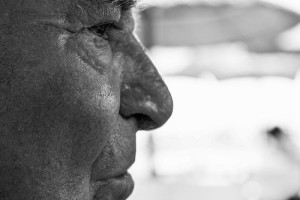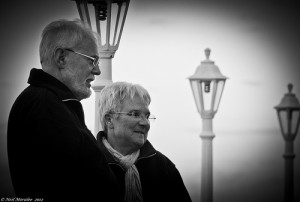Nursing homes in California continue to receive warnings from the U.S. Food and Drug Administration (FDA) about the use of antipsychotic medications given to elderly residents, yet the use of chemical restraints continues. Indeed, according to a recent news story from ABC News 10, nearly fifty nursing homes in our state “rate below average for the use of antipsychotic drugs.” Does the use of chemical restraints constitute nursing home abuse?
Dementia and Antipsychotic Medications
Many of us know that elderly nursing home residents, particularly those who have been diagnosed with dementia, may be prescribed antipsychotic medications in order to chemically “restrain” them. For those of us with loved ones residing in these facilities, it can be frustrating to learn that off-label drug use is taking place when it’s unnecessary and could lead to serious harms.
 California Nursing Home Abuse Lawyer Blog
California Nursing Home Abuse Lawyer Blog





















